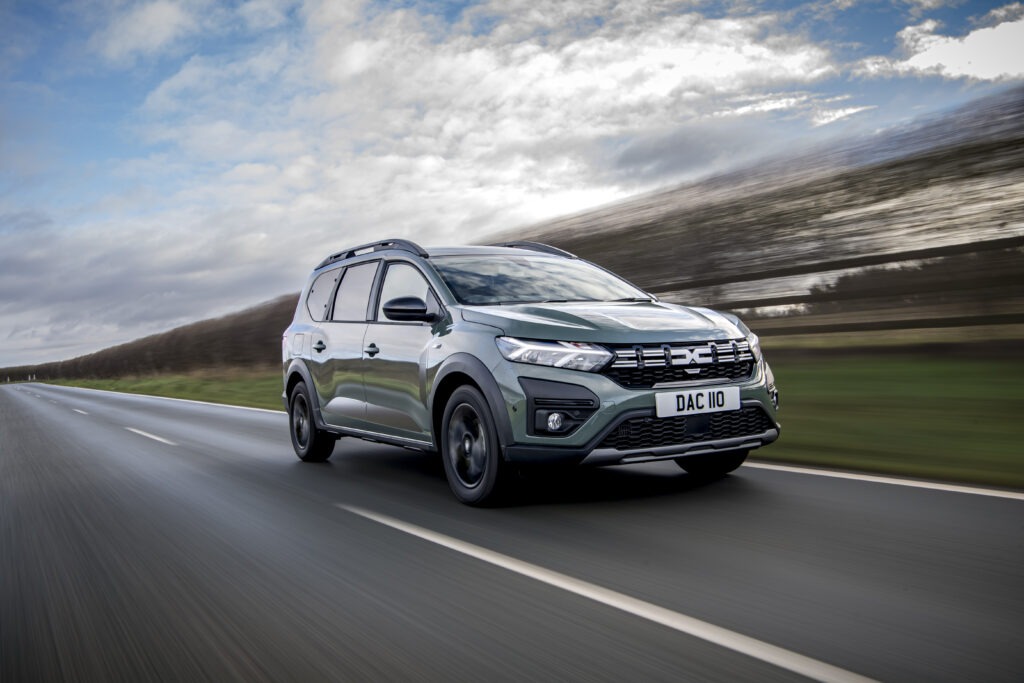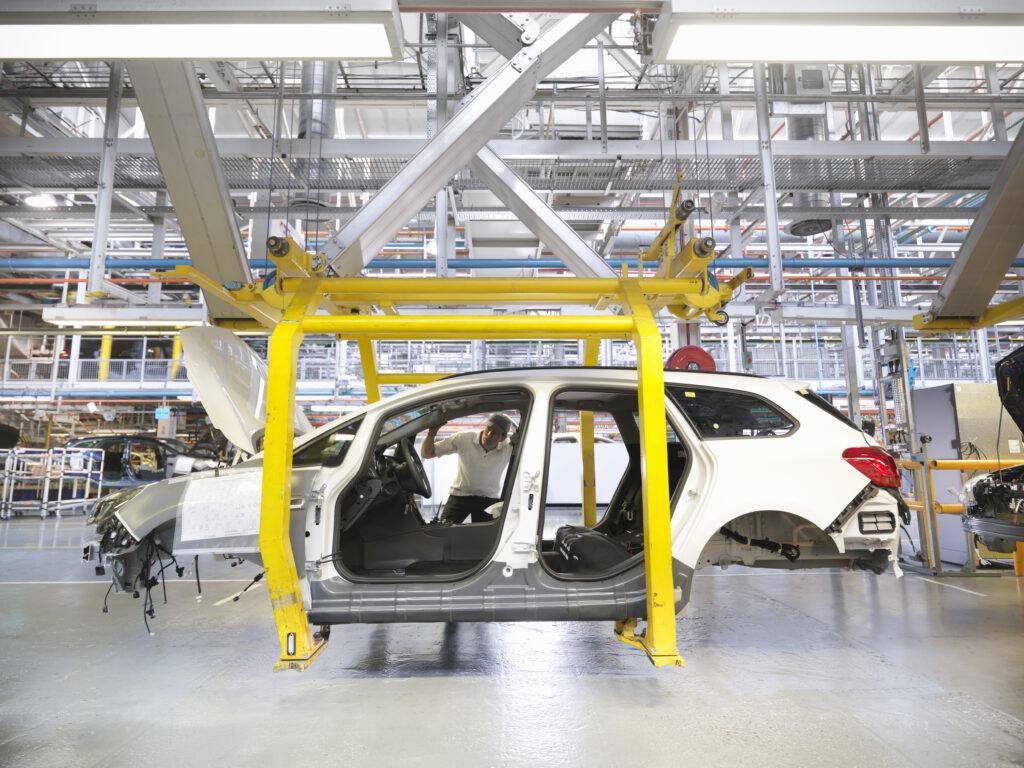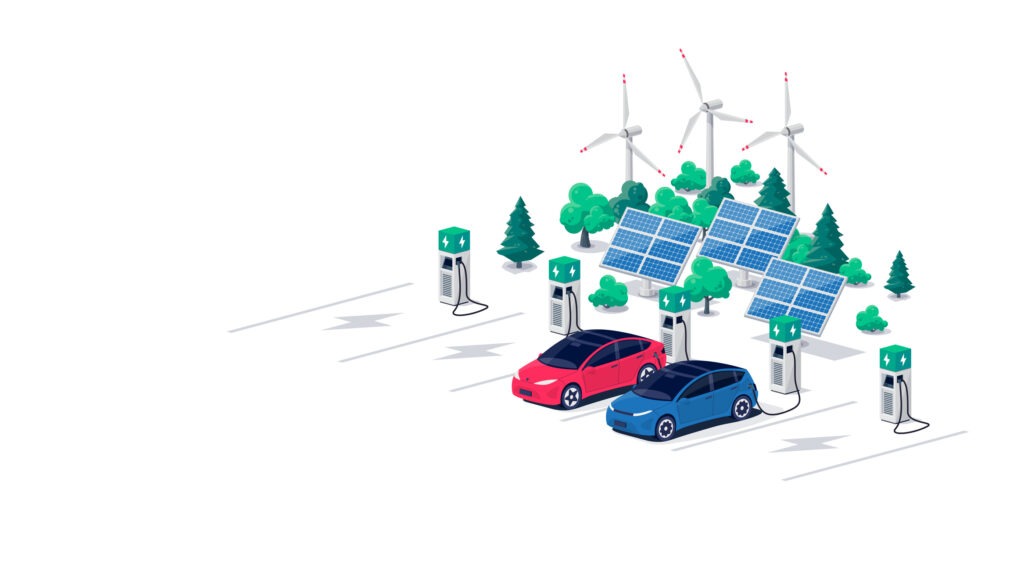Companies race to make electric vehicle investments in South America
01 August 2023
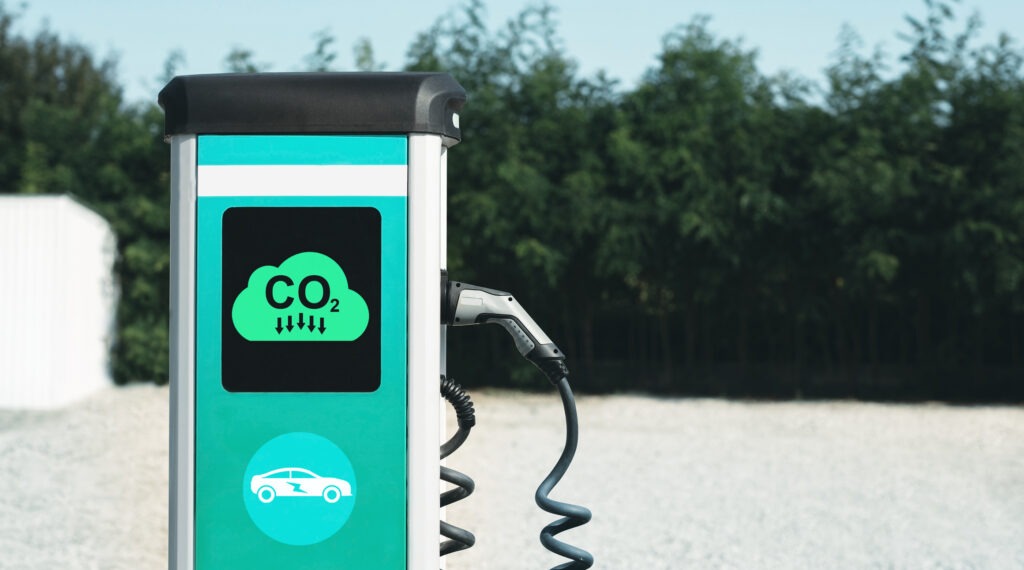
Carmakers are investing considerable amounts in South America. As a growing automotive market rich in raw materials, manufacturers from across Europe, the US, and increasingly China, are turning their attention to the vast continent.
International companies such as Toyota, Volkswagen (VW), Stellantis, General Motors and Renault are among the market leaders in the region. These carmakers are particularly interested in Brazil, Chile, and Argentina as growth drivers. But vulnerabilities across the continent remain. Rising unemployment, poverty, as well as unstable social and political conditions are prevalent in certain countries, and cannot be ignored when mapping out investments.
VW’s €1 billion investment
VW recently hit the headlines when it announced it would make a €1 billion investment in South America by 2026. These funds will primarily help develop ethanol-based combustion engines and new business models – including car subscriptions.
In Brazil, the largest automotive market in the region, the German manufacturer hopes to grow by 40% by 2027. The brand first entered the country some 70 years ago and has big plans for the future. While the market for electric vehicles (EVs) in Brazil remains small, VW is going to launch five new electric and ‘flex-fuel’ models by 2025. The company is also planning to introduce hybrid vehicles to the market in the medium term.
But before that, VW will bring its first all-electric models to Brazil, with the ID.4 and the ID.Buzz expected to debut there by the end of 2023. The brand is planning to offer these battery-electric vehicles (BEVs) as part of its subscription model.
Last year, VW saw around 3,000 car subscriptions taken out in Brazil. While the overall share of all-electric vehicles in the country is estimated to only make up 4% of the market by 2033, VW wants to grow faster than this in the BEV segment.
The company told Autovista24 that the ID.4 is already available via the dealer network that joined the project through the VW Sign and Drive subscription programme. ‘With VW Sign and Drive, VW will offer the possibility of contracting the ID.4 subscription in 24 months. In addition, customers will be able to choose to include a 7.4kW wallbox and, for the first time in the subscription system, the ID.4 can be delivered shielded to the customer as an option,’ the carmaker said.
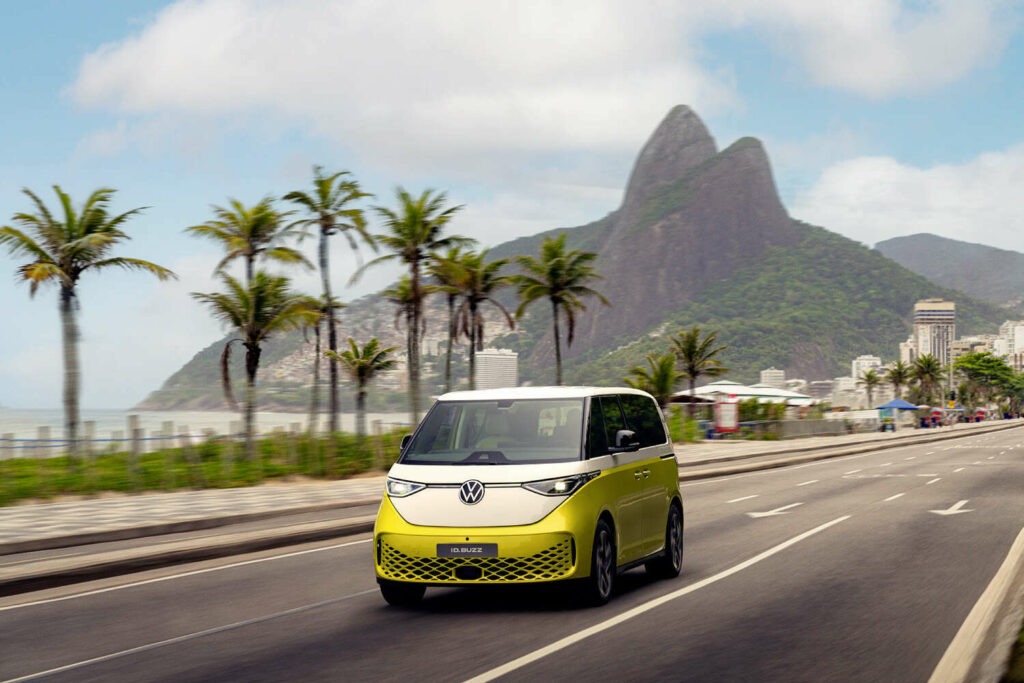
With the wider South American market projected to grow by 11% a year until 2030, VW’s interest and investment in the region makes strategic sense.
‘As a fast-growing car market, South America is of strategic importance to Volkswagen,’ said Thomas Schäfer, CEO of the Volkswagen brand. ‘The task now is to continue working on the cost position and at the same time implementing the product offensive.’
For VW, the South American region returned to profitability in 2021, making a significant contribution to earnings in 2022. In Brazil, the company is expecting demand for lower-priced small vehicles to grow in the coming year, with the new Polo already one of the best-selling cars in the country.
Chinese carmakers’ EV push
Chinese carmakers are eyeing up opportunities too, especially in the Brazilian EV market, which has a huge and untapped potential. But compared to other regions, barriers to EV adoption remain. This is mainly due to weak fiscal incentives, unsuitable charging infrastructure, and a lack of model choice that meets consumer needs as well as public reluctance.
Still, the government is actively trying to attract international players, with awareness growing around incentivising more sustainable modes of transportation. BYD, the world’s largest EV maker (when including plug-in hybrids), has sensed its opportunity.
The company will invest R$3 billion (€570 million) in new production facilities in northeastern Brazil. The move will ramp up local manufacturing, with the carmaker aiming to offer models at more competitive prices.
Made up of three plants, the site will be built on land previously used by Ford. One facility will produce EVs, another will focus on chassis for buses and electric trucks, while the third site will process lithium and iron phosphate for the international market.
South America is a crucial region for Chinese carmakers wanting to expand across new markets and gain access to resources. Great Wall Motor (GWM) acquired a plant in Brazil last year, which it expects to put into operation in the second half of 2023. The manufacturer plans to invest around €1.9 billion in Brazil over the next 10 years.
‘Brazil’s automotive market is one of the top ten in the world. Judging from the current car ownership, the market potential is huge. As the leading market in Latin America, Brazil has a sound automobile industry foundation, which is the strategic support for the global development of GWM,’ the company said.
The move will help boost the local economy, with GWM promising to produce 100,000 vehicles a year, creating 2,000 direct jobs in the process. GWM, like BYD, is known for offering more affordable cars and as long as the government invests in charging infrastructure, the move could pay off.
Raw materials
Raw materials, such as lithium that are vital for EV production, are also drawing international carmakers to South America. Chile and Argentina are major producers of the metal, and automotive manufacturers are increasingly striking supply deals with miners there.
Earlier this year, Ford announced a supply agreement with Chile’s SQM, one of the world’s largest lithium suppliers, to help meet its EV targets. But the country is planning to nationalise its lithium industry, adding pressure to find diverse sources of the metal.
Ford also signed a non-binding agreement with Lake Resources, which aims to deliver 25,000 tonnes of lithium per year from its Kachi project in Argentina. It is yet another example of a carmaker diving deeper into the EV battery supply chain, surpassing traditional suppliers, such as battery makers.
For Ford, the move signals a major bet on direct lithium extraction, which is deemed to be a more environmentally friendly way to source the precious metal. The Kachi site will use technology that returns all the water to its source.
Sustainable sourcing
‘Sustainable’ mining has become a prerequisite for carmakers. The Initiative for Responsible Mining Assurance (IRMA), which independently assesses mines across South America and other parts of the world, has seen a slew of carmakers join its mission. These include BMW, Mercedes-Benz, Tesla, Volkswagen, Ford, and Rivian.
The association prides itself on being the only organisation with a global standard that covers all mined materials. Independently assessed South American mines can be found in Brazil, Chile, and Argentina. One such operator is Livent, which promises to mine lithium responsibly from a site in Argentina. BMW has a multi-year contract in place with Livent, worth around €285 million, delivering lithium directly to the German carmaker’s battery cell manufacturers.
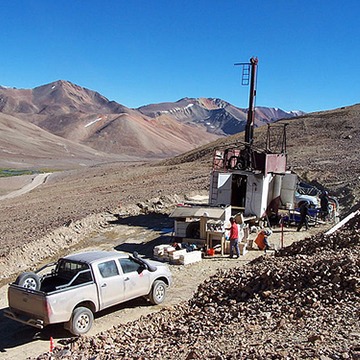
But lithium is not the only material of interest. At the start of 2023, Stellantis announced a $155 million (€138 million) purchase of a minority stake in a copper mine in Argentina. The carmaker acquired a 14.2% equity stake in McEwen Copper, which owns the Los Azules project in Argentina.
The investment turned Stellantis into McEwen Copper’s second-largest shareholder, along with Rio Tinto. Copper is a strategic raw material that plays a major role in electromobility. Stellantis said that global demand for the conductive metal will triple in the coming years.
‘By making this investment in one of the top 10 international projects in development of this commodity, Stellantis will be able to supply some of the projected copper demand starting in 2027,’ the company added.
Opportunities seem rife for carmakers to invest in South American supply chains and car production. With manufacturers establishing long-term supply contracts and expanding their presence, they are signalling their long-term commitment to the region.
